
Several months ago, a writer on social media criticized flash for having given rise to so much ‘unnecessary writing’—an obviously flippant and ill-considered opinion, but writers of flash do write millions and millions of narratives each year.
The necessity of flash
Brevity breeds bounty, and why not? Why shouldn’t people write more and more concisely? And who is to judge the necessity of someone else’s stories? Besides, I suppose, competition judges and our mothers.
Brevity, urgency, precision, heart
Over the last 20 years flash has developed into a narrative art form unto itself, not simply a shorter short story or a fun exercise between novels. As more courses in the flash narrative have appeared, teachers and students have asked themselves a million times what makes a narrative a good flash narrative. The short answer: brevity, urgency, precision, and—a personal preference—heart. These elements of the flash narrative compel the flash writer to focus on economical syntax, innovative use of object/image, and compression in terms of story and character arc.
Every word counts
The art of the flash narrative actually has little to do with word count, but the constraint does help to remind the writer that every word counts. It’s not simply every word, however; it’s everything. In the successful flash narrative each word, phrase, clause, sentence, paragraph, and section does the work to pull the reader through the text to the final, resonant chord while conjuring a world in a moment, something like building Rome in a day—through compression.
Wildly satisfying
Compression wants depth rather than acreage, tight syntax rather than aimless jaunts. Compression almost always means launching the story in medias res, which is different from longer narrative forms that prefer the sonata narrative structure pottering about in exposition for a paragraph or two. I make it sound like a very hard thing to achieve. It is. It’s also wildly satisfying when it’s done well. And just like every other artform—everything in life actually—we manage to do it with varying degrees of personal and professional success.
But is flash necessary?
It’s a silly question. There will always be someone who thinks your art is unnecessary. The more interesting question is whether my individual flash narrative does something necessary. Necessary to me means that the story reveals something new or surprising about life (about my life or the life of my characters), is emotionally affecting, and strives towards something exhilarating at the line level. Is this expression of myself—my vision of the world—necessary to me? This is the question. And if it is, why let anyone tell you that it’s not?
Write for ourselves
In the end, my hope is that we all write more but also that we as writers consider the necessity of our writing for ourselves. It seems to me that flash is all about what’s necessary in a narrative. What does this mean to you? What do we need to tell the world?
Christopher Allen is our Flash Fiction judge. He is the editor-in-chief and publisher of SmokeLong Quarterly and author of the flash fiction collection Other Household Toxins (Matter Press).
Twitter @Christopher_All






